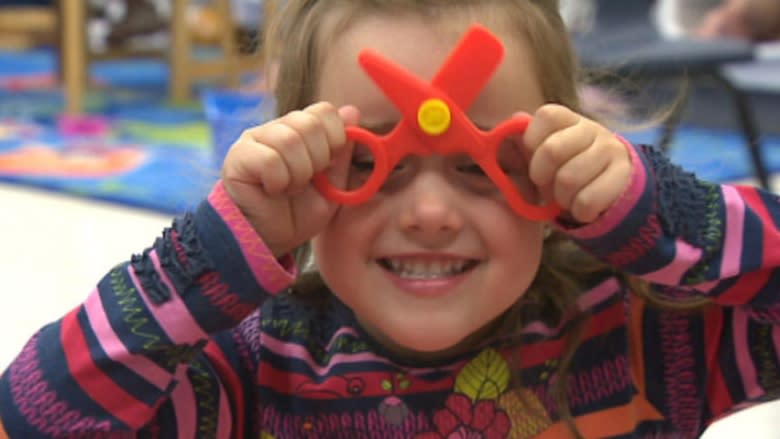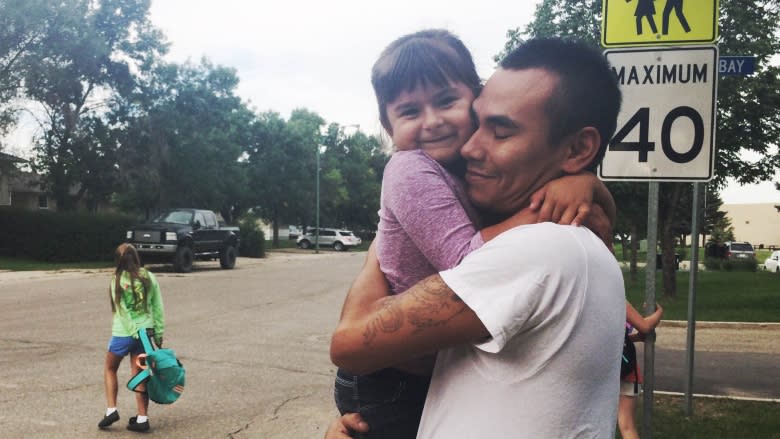Tears are normal: A parents guide to surviving the 1st day of kindergarten
Parents across the province are getting ready for a major milestone in their child's life, the first day of school. Education experts say there are several ways to prepare children for the big day.
Julie Fraser, a psychological educator at St. Vincent's School in Quebec City, offers these suggestions.
Tears will happen
You and your child might be teary at first. "It's a normal reaction," Fraser said.
But children might feel even more emotional in the days after the first day.
"Often it's not happening the first day, it will happen the second, or the third or the fourth or the sixth — when they realize that 'I'm coming to this place every day now, nothing is going to change.'"
Fraser said parents should trust the teachers' experience.
"Don't stay too long. Just say, 'OK, goodbye, I'll see you later, I'll pick you up later, I'll see you when you get off the bus.'"
Fraser said teachers are there to step in to offer reassurance to their new students.
Stock lunch box with comfort food
Fraser recommends parents stock their child's lunch box with their favourite foods, and then showing the child what's inside before they go to school.
And don't worry if they don't eat everything.
"Don't expect the lunch box to come [home] empty the first week or even the first month after starting school," Fraser said.
"There is a lot of stimulation in the cafeteria or even in the daycare system for lunch. Provide things that the child likes and so he feels comfort."
She also recommends involving the child in other tasks such as packing the school bag.
Manage expectations
"You can't expect a five year old to tell you everything that happened," Fraser said.
She encourages parents to ask their children simple questions. Some children may also have unrealistic expectations about what they will get to do at school.
"We've been telling them for years that they're going to start school when they're five, and, 'You're going to learn how to write and how to count,'" Fraser said.
She encourages parents to explain to their children that they are learning, but mostly through play.
"Kindergarten is not as official as sitting at a desk and writing things or doing math. It's a lot [of learning] through play. Kids sometimes are a bit disappointed."
Healthy habits and involvement in the school
Fraser also suggests basic healthy living such as getting a good night's sleep and eating well as a way to get the best experience out of the day.
She also encourages parents to take an active role in their child's education, especially if they are sending their children to a school where the language of instruction is unfamiliar.
"Participate in some activities. You'll find your way. You'll find your place. Volunteer if you can," said Fraser.
Looking ahead
Fraser offers courses for parents who are preparing their four year old for school the next year. She says outdoor play that helps build motor skills is crucial.
"They have to climb. They have to jump. They have to run. Don't sit them in front of the computer," she said.
Giving children responsibilities or asking them to count simple objects is another way to help with learning.
Fraser is also adamant about the benefits of reading. The prevailing wisdom, she said, is that children should have touched a thousand books before the age of five.
"Read with your child. I can't say it enough."



